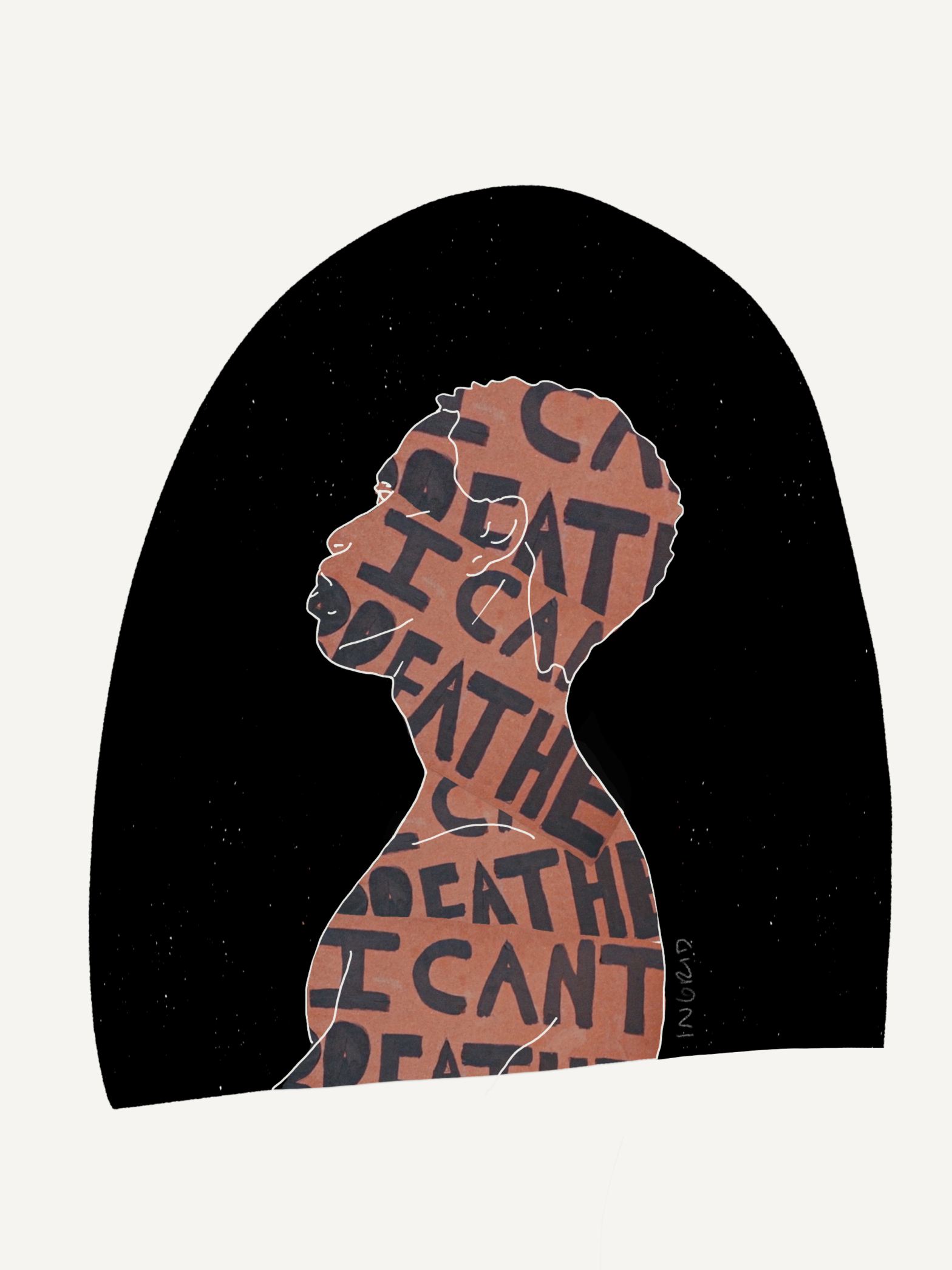Tag: racial equity
-

Perfection is a Roadblock
•
We don’t have time for perfection: Black people are dying as white “allies” like me wait for the right words or the right moment.
-
Rod Serling: The Dimension of Imagination
•
I’ve been watching The Twilight Zone (original series) recently. I’ve seen episodes here and there, but had never seen enough to see the patterns of storytelling and the themes that executive writer and narrator Rod Serling created.
